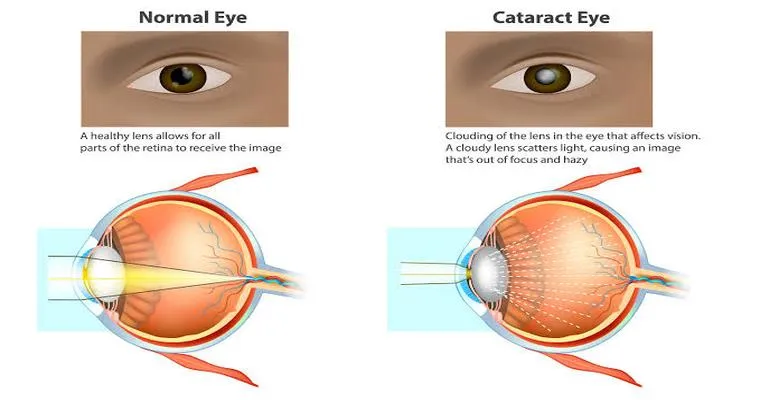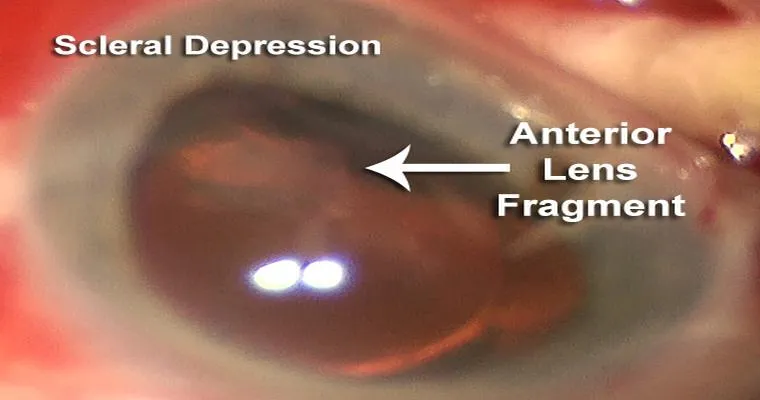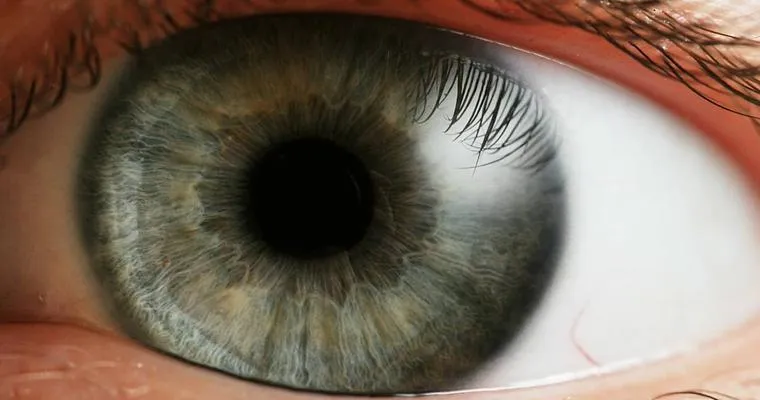Cataract care is a crucial topic for many, especially when discussing "surgery for the elderly". As people age, the likelihood of developing cataracts increases, often leading to poor vision and affecting daily activities. However, a significant question arises: is "cataract surgery" mandatory for older adults who may not have a long life expectancy or who are dealing with other serious conditions, such as "wet age-related macular degeneration (AMD)"? This article explores the considerations surrounding cataract care in elderly patients and the implications of surgery.
Understanding Cataracts and Their Impact
Cataracts occur when the lens of the eye becomes cloudy, leading to blurry vision, difficulty with night vision, and increased sensitivity to glare. For many seniors, these symptoms can significantly impact their quality of life, making routine activities challenging and even dangerous. While cataract surgery is one of the most common and safe procedures performed today, it is essential to weigh the benefits against the risks, especially for elderly patients.
Evaluating the Necessity of Surgery
When considering whether cataract surgery is mandatory for older adults, several factors must be taken into account:
1. "Overall Health Status": If an elder has a life expectancy of less than ten years due to serious health conditions, the need for surgery may be less pressing. Conditions such as wet AMD can complicate recovery and might not benefit significantly from cataract removal.
2. "Quality of Life": For some seniors, clear vision is crucial for maintaining independence and a good quality of life. Evaluating how much vision impairment affects daily activities can help determine if surgery is worthwhile.
3. "Surgical Risks": Like any surgical procedure, cataract surgery carries risks, particularly for older patients. Complications can arise, especially if the patient has other health issues. Thorough discussions with healthcare providers about the risks and benefits are essential.
4. "Alternative Treatments": In some cases, non-surgical options may improve vision temporarily or help manage symptoms. These could include updated prescriptions for glasses or the use of brighter lighting in living spaces.
The Role of Caregivers and Family
Family members and caregivers play a vital role in the decision-making process regarding cataract surgery for older adults. They can provide insights into the patient's daily struggles and preferences, helping healthcare providers make informed recommendations. Open communication with medical professionals can ensure that the elder's needs and wishes are respected.
Conclusion
In summary, while cataract surgery is effective and often necessary for many individuals, it is not a one-size-fits-all solution, especially for elderly patients with complex health profiles. Evaluating the necessity of "cataract care" involves considering the individual’s overall health, quality of life, surgical risks, and available alternatives. Ultimately, the decision should be made collaboratively among the patient, their family, and healthcare professionals to ensure the best possible outcome.





